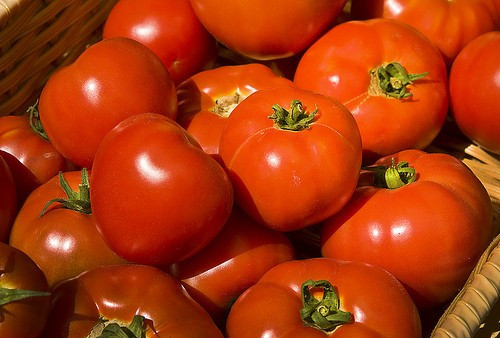Antioxidant-rich Tomatoes Found to Lower Risk of Stroke

An antioxidant present in tomatoes lowers the risk of stroke, researchers from the University of Eastern Finland in Kuopio have found.
The researchers claim that tomatoes are high in the antioxidant lycopene, which helps cut stroke risk. Their finding is based on a study on 1,031 men aged between 46 and 65 from Finland.
Lycopene is an antioxidant compound that gives tomatoes and certain other fruits and vegetables, such as papaya, red carrots, water melon and red bell peppers, their colour.
"This study adds to the evidence that a diet high in fruits and vegetables is associated with a lower risk of stroke," said Jouni Karppi, researcher at the University of Eastern Finland.
During the study, researchers collected blood samples of the participants to ascertain their lycopene levels. The level of lycopene in their blood was tested at the start of the study and they were followed for an average of 12 years.
Out of the 1,031 men, 258 had low levels of lycopene and 259 others had the highest levels of lycopene.
The study found that people who had the highest levels of lycopene were 59 percent less likely to have a stroke than those with the lowest levels, according to the findings published in the Neurology Journal.
The study also looked at blood levels of the antioxidants alpha-carotene, beta-carotene, alpha-tocopherol and retinol, but found no association between blood levels and risk of stroke.
Previous studies have found that people who have diets rich in tomatoes, which contain lycopene, have lower risk of developing certain types of cancer such as prostate, lung, bladder, cervix, skin, and stomach. Researchers believe that lycopene could help reduce the risk of macular degenerative disease, an age-related illness, according to the American Cancer Society.
"The results support the recommendation that people get more than five servings of fruits and vegetables a day, which would likely lead to a major reduction in the number of strokes worldwide, according to previous research," said Karppi.
© Copyright IBTimes 2025. All rights reserved.





















